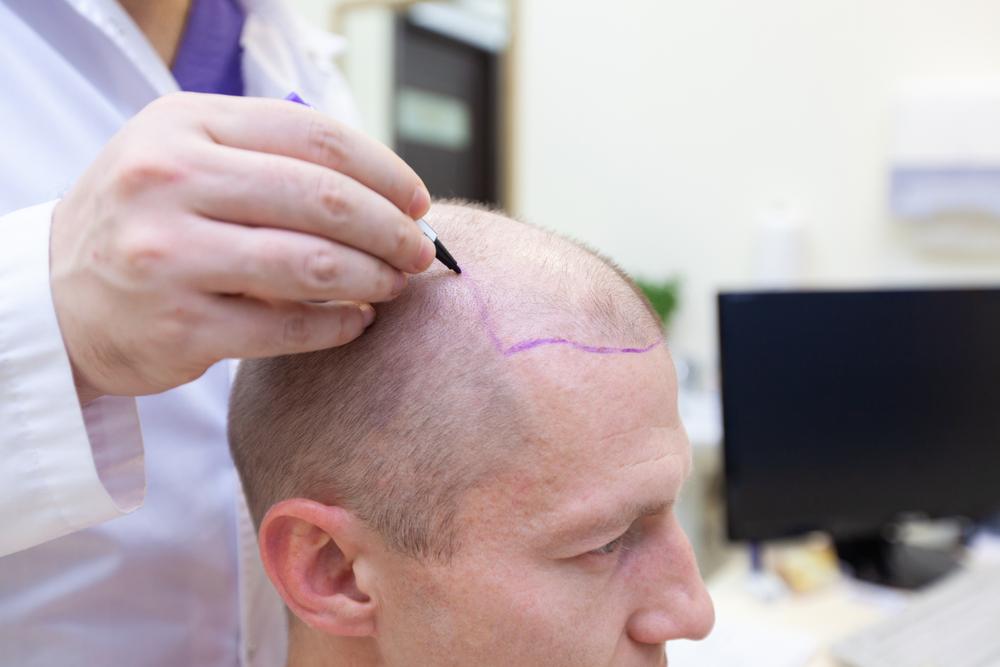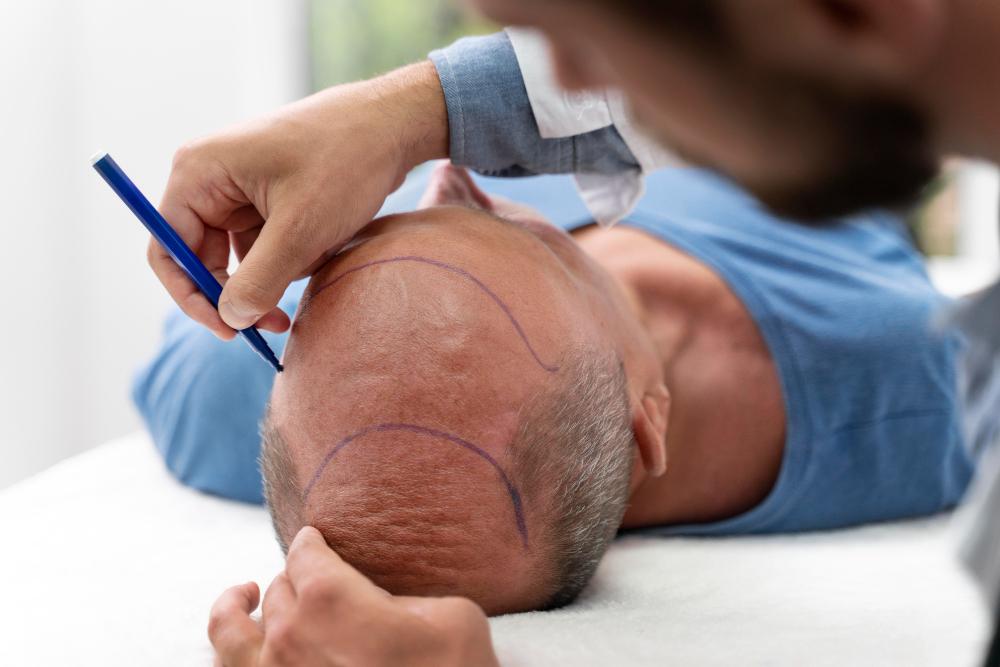Hair transplantation has become an increasingly sought-after solution for individuals experiencing hair loss. With continuous advancements in technology and improvements in techniques, more people are exploring this option to regain their hair.
In this extensive guide, we will address some of the most pertinent questions surrounding hair transplantation in 2024, providing you with the necessary information to make an informed decision.
Contents
How frequently does hair loss occur?
Hair loss affects millions of people across the globe, with approximately 50% of men and 30% of women experiencing some degree of hair loss by the age of 50. Various factors contribute to hair loss, including genetics, hormones, medical conditions, and lifestyle factors.
What are the common causes of male and female pattern baldness, and can external factors influence it?
Primarily, male and female pattern baldness (androgenetic alopecia) results from genetic predispositions and hormonal factors. However, external factors such as stress, inadequate nutrition, and harsh hair care products can worsen hair loss. Adopting a healthy lifestyle and using gentle, sulfate-free shampoos may help minimize hair loss and promote overall scalp health.
What factors make someone an ideal candidate for hair transplantation surgery?
An ideal candidate for hair transplantation surgery typically has a stable and sufficient donor area (usually located at the back or sides of the scalp) that can provide hair follicles for transplantation. It’s crucial to maintain realistic expectations regarding the results and understand that multiple sessions might be necessary to achieve desired coverage. Consultation with a hair transplant surgeon can help assess your candidacy for the procedure.
Who qualifies for hair transplantation?
Individuals experiencing hair loss due to androgenetic alopecia, traction alopecia, or hair loss resulting from trauma or burns are potential candidates for hair transplantation. People with diffuse hair loss or those with inadequate donor areas may not be suitable candidates for hair transplantation.
Can you explain the hair transplantation process?
Hair transplantation surgery generally involves extracting hair follicles from the donor area (usually the back or sides of the scalp) and transplanting them to the thinning or balding areas. Two prevalent techniques are Follicular Unit Transplantation (FUT) and Follicular Unit Extraction (FUE). The FUT technique involves removing a strip of scalp with healthy hair follicles from the donor area, while the FUE technique extracts individual hair follicles from the donor area using a small punch tool.
What is the duration of the hair transplantation treatment?
The duration of a hair transplantation procedure varies depending on the number of grafts being transplanted and the chosen technique. A typical session can last anywhere between 4 to 8 hours. In some cases, multiple sessions may be necessary to achieve the desired coverage.
What should one expect during the post-operative phase of hair transplantation?
After the surgery, patients may experience some swelling, redness, and discomfort in the treated areas. The surgeon will provide guidance on pain management, wound care, and activity restrictions during the recovery period. Most patients can return to work within a week, but strenuous activities should be avoided for 2 to 4 weeks. It’s essential to follow the surgeon’s post-operative care instructions for optimal healing and results.
Will I be able to engage in swimming and other physical activities with my newly transplanted hair?
Yes, once the transplanted hair has fully healed, you can enjoy swimming and other physical activities without any limitations. It is crucial to wait for the surgeon’s clearance before resuming such activities to ensure proper healing and avoid complications.
Is it possible for my transplanted hair to eventually fall out?
The transplanted hair follicles are typically resistant to the hormone DHT, which causes hair loss. This means that the transplanted hair should remain in place for a lifetime. However, it’s essential to note that the hair surrounding the transplanted area may continue to thin over time due to natural hair loss progression.
What kind of results can be anticipated from hair transplantation surgery?
The results of hair transplantation surgery will vary depending on the individual’s hair characteristics, the number of grafts transplanted, and the chosen technique. In most cases, patients can expect to see a significant improvement in hair density and coverage. Final results typically become visible within 9 to 12 months following the procedure.
Are there any potential complications associated with hair transplantation surgery?
As with any surgical procedure, hair transplantation carries some risks and potential complications. These may include infection, scarring, bleeding, and poor graft survival. Choosing an experienced and board-certified hair transplant surgeon can help minimize these risks and ensure a safe and successful procedure.
Other than minimal risks and complications, hair transplantation operations are completely safe and riskless.
How should I care for my hair following a hair transplantation surgery?
Proper hair care is essential after a hair transplant to ensure the best possible results. Your surgeon will provide specific instructions tailored to your individual needs. Generally, these guidelines may include:
- Avoiding direct sunlight exposure on the treated area for the first few weeks.
- Sleeping with your head elevated to minimize swelling.
- Refraining from washing your hair for the first 48 hours after the procedure, and then using a gentle, sulfate-free shampoo.
- Avoiding harsh hair products and chemical treatments for several months.
- Massaging the scalp gently to promote blood circulation and hair growth.
Will I need follow-up appointments after the procedure?
Yes, follow-up appointments are essential to monitor your progress and address any concerns that may arise during the recovery process. Your surgeon will typically schedule a series of appointments to assess the healing of the transplanted area and evaluate the hair growth. These appointments are crucial in ensuring the success of your hair transplantation and to make any necessary adjustments to your post-operative care plan.
Can hair transplantation surgery prevent future hair loss?
While hair transplantation can provide lasting results by transplanting DHT-resistant hair follicles, it cannot prevent the progression of natural hair loss. The non-transplanted hair may continue to thin over time. To address this concern, it’s essential to discuss with your surgeon the possibility of additional treatments or preventative measures, such as medication or non-surgical hair restoration options.













